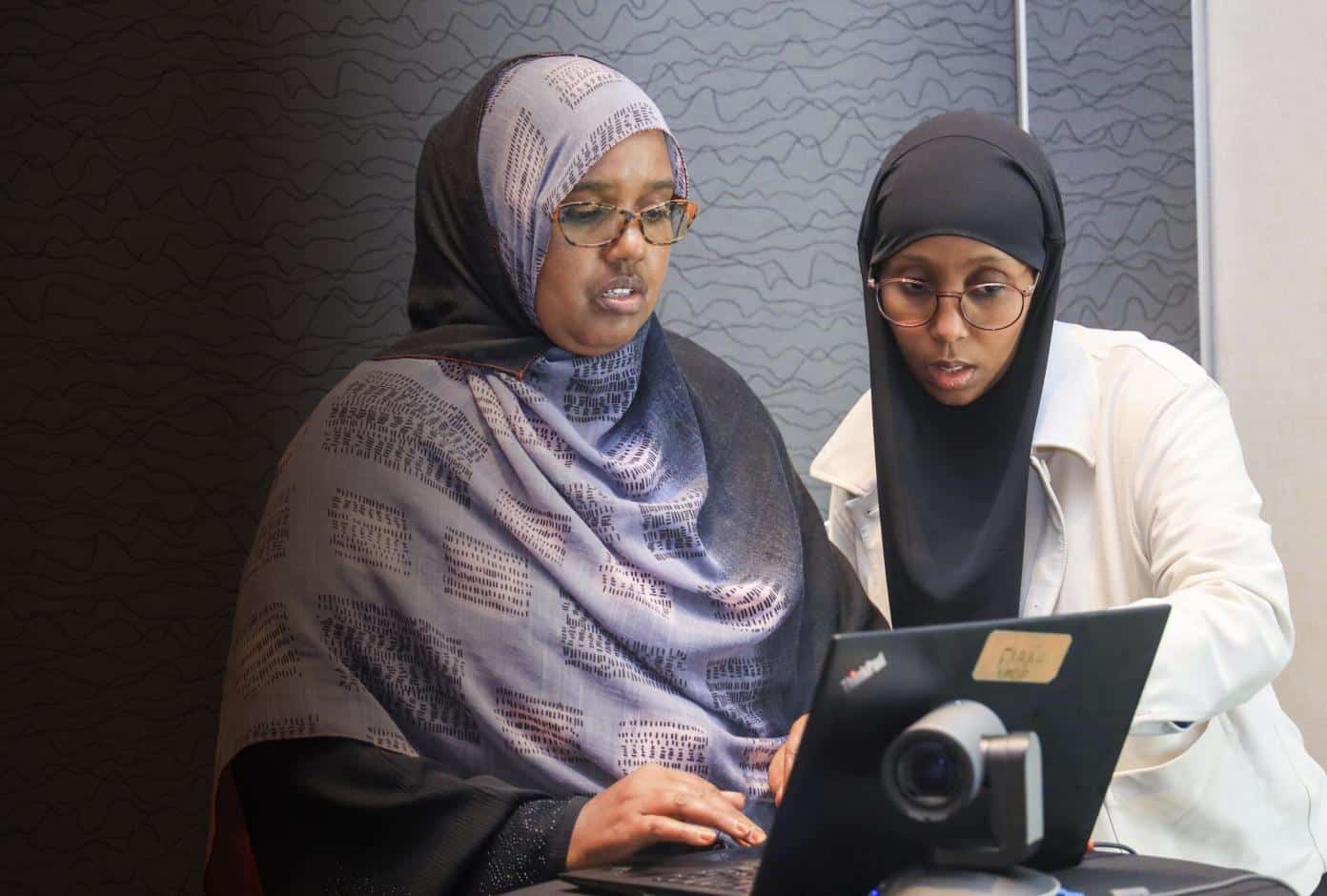
East African states explore ways to foster cross-border DPI development
Representatives of government and the private sector from the eight member states of the East African Community (EAC), as well as international development partners, have been discussing ways of enhancing collaboration on the development of cross-border digital public infrastructure (DPI).
These discussions are taking place in a regional workshop which kicked off May 14 and will round off Friday May 16 in the Tanzanian city of Arusha.
The event, which is labelled “East African Digital Leaders Forum on Digital Public Infrastructure” is in its second edition, and provides the platform for participants to share thoughts on how to effectively put in place trusted DPI systems capable of driving cross-border trade and the regional digital economy. It is supported by the German Agency for International Cooperation (GIZ).
Taking place under the theme “Unlocking Regional Integration and Global Influence through Safeguarding Digital Public Infrastructure,” discussions are focusing, among other things, on encouraging public and private sector collaboration on DPI development, exploring more DPI use cases with stronger cross-border impact, and identifying DPI projects which can benefit from funding from international development institutions.
Participants are also discussing challenges that stand in the way of DPI development not only in the EAC region but in Africa as whole, and how solutions can be sought to such problems. Issues such as the yawning digital divide, paucity of infrastructure and limited interoperability with the few existing digital infrastructure are being highlighted.
“We meet at a time when Digital Public Infrastructure is being recognized globally as the ‘rail and roads’ of the 21st century economy. Unlike traditional infrastructure, DPI holds the extraordinary potential to democratize access, accelerate inclusion, and ensure that every citizen – regardless of location or income – has the opportunity to participate in the digital economy,” EAC Secretary General, Hon Veronica Nduva, said.
“We must build DPI systems that are capable of working seamlessly across borders, enabling citizens & businesses to transact with ease and confidence throughout the region.”
She cited the examples of Rwanda’s Irembo, Kenya’s e-Citizen and Tanzania’s Samia Stack platforms, saying they “showcase the power of integrated digital service delivery.” Nduva also mentioned the work being done by Uganda on digital ID and data exchange.
Organizers say the workshop is part of efforts by the EAC to ramp up its digital transformation efforts by putting in place DPI that facilitates access to services, making life easier for the estimated 331 million citizens of the region.
Last year, Nduva co-authored a blog article for the World Economic Forum in which they emphasized the importance of DPI in driving Africa’s transformation. They held that building DPI is not enough, but that such systems must be safe, secure and interoperable.
Beating challenges of DPI devt for inclusion
A commentary published this month by Brookings demonstrates that DPI and other digital technologies like Internet of Things (IoT) and big data analytics can contribute to inclusive and sustainable development in Africa if properly harnessed and implemented through a strategic approach.
In the write-up, the author says while these technologies hold great promise, there are several challenges which must be overcome. He cited some of them to include limited digital access, high cost of internet, lack of digital skills, poor electricity connection, inadequate digital infrastructure, and ineffective regulatory and governance frameworks.
To the author, Africa has the potential to become a key player in the global digital economy and can achieve significant socioeconomic transformation if these challenges get beaten.
DPI can overcome barriers in fragile contexts
Even in contexts of conflict and fragility, digital public infrastructure also has a way of alleviating the sufferings of the people.
A report by Reliefweb explains how national DPI projects in many countries has contributed to overcome “barriers to development through the promotion of transparency, accountability, resilience, and inclusion.”
The report lists examples of countries like Niger, Nigeria, Micronesia, and Kosovo where different digital inclusion projects are facilitating life for millions of people, from internet connectivity, to national ID enrollments, to digital skilling.
Many of these countries, the report notes, are supported through projects funded by the World Bank in line with its accelerating digitization global challenge program and its strategy for fragility, conflict and violence (2020-2025).
Per the report, these World Bank sponsored projects have “yielded strong results, including on expanded and improved use of inclusive and resilient broadband internet and digital services, introduction of reforms in critical areas such as data protection and cybersecurity, and increased digital job creation.”
Another example is Zambia where DPI is being used to change the lives of people living in rural communities, especially in the domain of healthcare. A report explains how DPI has facilitated patient identification in that country through the digitization of health records thanks to a system dubbed Smart Care Pro which is helping to streamline healthcare delivery. The system has made it easier for patients to be identified and get treatment.
Two UNDP experts, last year, suggested how Zambia can overcome some major barriers as it works to scale its DPI. The country’s DPI project has over 100 million funding from the World Bank.
Article Topics
Africa | digital ID | digital inclusion | digital public infrastructure | financial inclusion | government services

